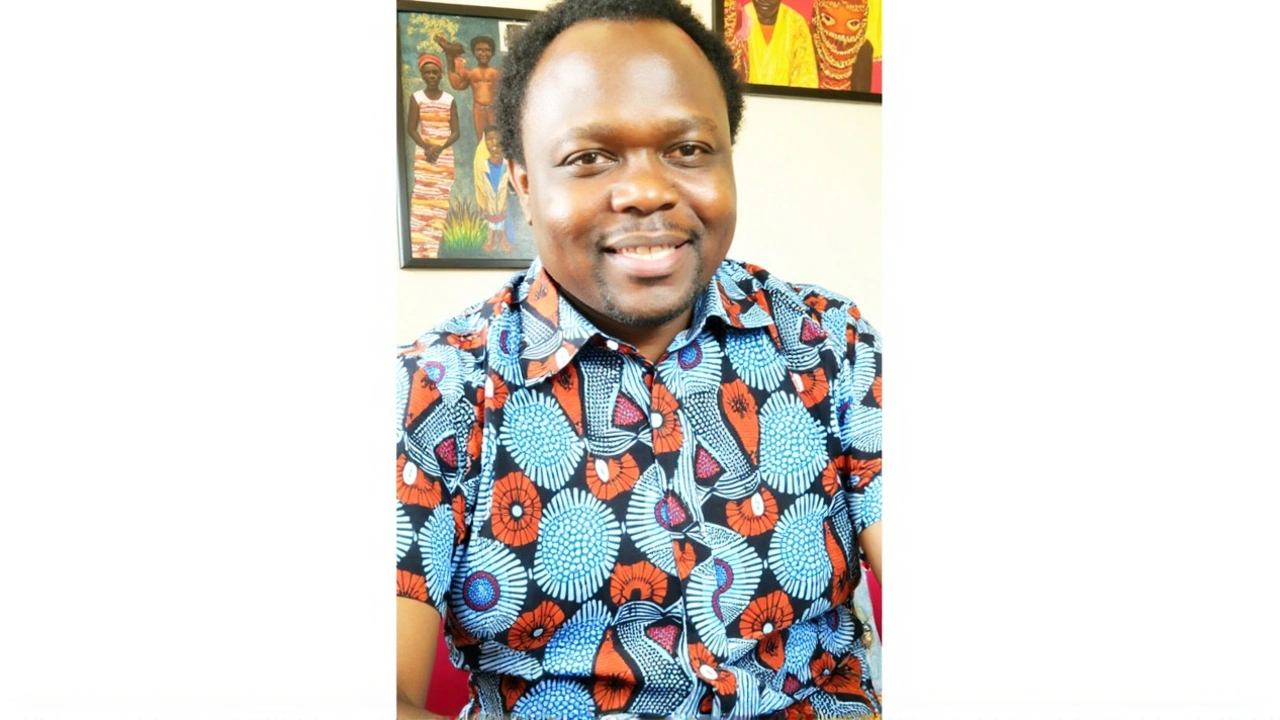Dual citizenship: what you need to know
Dual citizenship means you are legally a citizen of two countries at the same time. It sounds freeing, and for many people — especially Africans with family abroad — it really is. But it can also bring paperwork, tax rules, and unexpected limits on jobs or travel. This page breaks down the essentials so you can make smarter choices.
Which countries in Africa allow it?
Several African countries now accept dual nationality. South Africa, Kenya, Ghana and Nigeria all allow citizens to hold another passport, though each has its own rules. That means you can keep ties to home while living or working overseas. At the same time, some African governments still restrict dual citizenship or attach conditions — for example, you may need to inform authorities, apply to keep your original citizenship, or face limits on holding public office.
Always check the law for the specific country. Rules change and the fine print matters: how you acquired the other nationality (by birth, marriage, naturalisation) can affect your rights. If you hold or plan to take a second passport, don’t assume every right carries over — voting, land ownership or senior government jobs can be restricted.
How to apply and common pitfalls
Start with the official sources: the home country’s immigration or interior ministry website, or your country’s embassy. Typical steps include proving identity and descent, filing forms, and providing birth or marriage certificates. If you’re in South Africa, for example, citizens who acquire another nationality must apply to retain South African citizenship within a set period — otherwise they risk losing it. That’s the kind of deadline you don’t want to miss.
Watch for these common problems: dual taxation (you might owe tax in both countries), military or national service obligations, and limits on certain public roles. Also check passport rules for travel: some countries prefer you enter or leave on their passport, others allow either. If you hold two passports, carry both when travelling and use the one that avoids visa problems.
Practical tips: keep both passports valid and stored safely; update your will and emergency contacts to reflect multi-country assets; inform employers and banks where required; and get professional tax or immigration advice when money or complex residency questions are involved. If you plan to vote, buy property, or run for office, confirm whether dual citizenship affects those rights.
If you’re unsure, a quick call or email to your consulate can save months of headaches. Dual nationality opens doors — but handle the paperwork and legal bits first so nothing closes unexpectedly.
- August 26, 2024
- Comments 14
- World News

